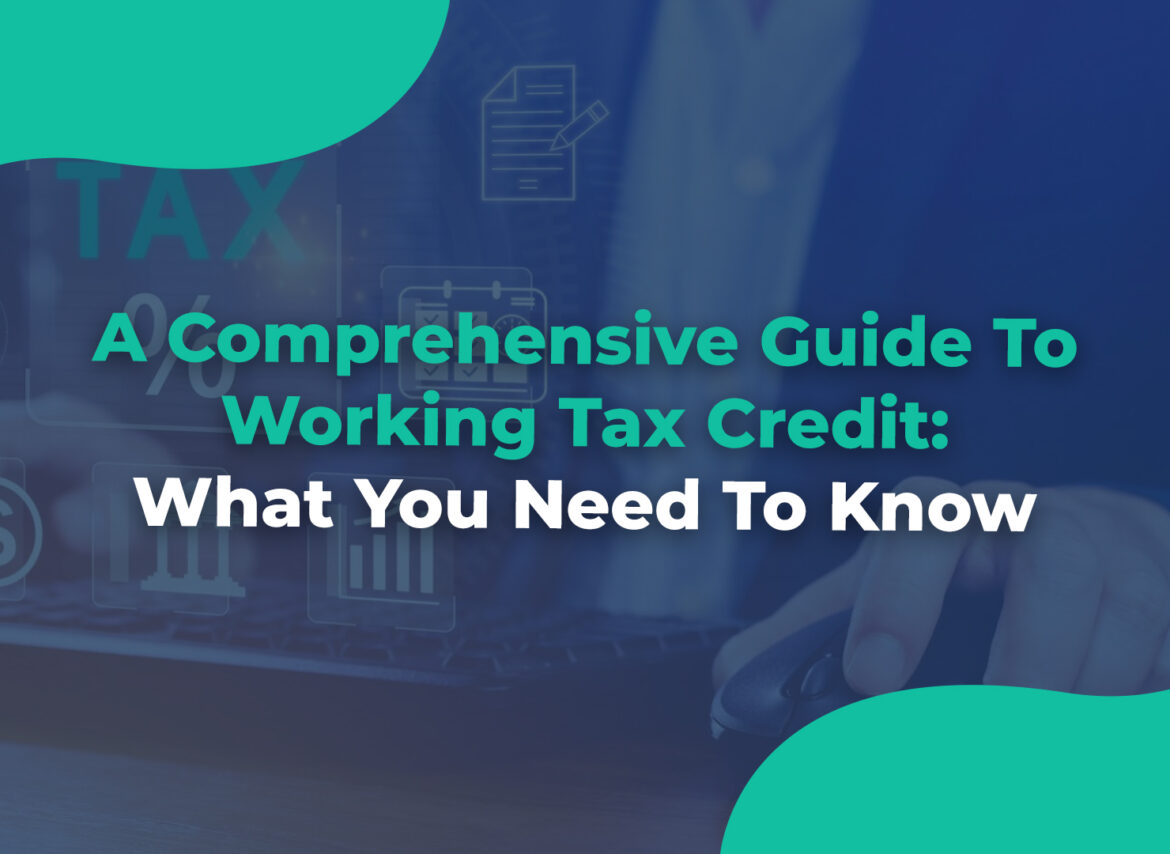The Working Tax Credit is a financial benefit designed to help individuals and families who are working but earn a lower income. If you’re already receiving Child Tax Credit, you may qualify for this support. In this blog, we’ll walk you through the eligibility requirements, working hours, income considerations, and other key details you need to know.
A Comprehensive Guide to Working Tax Credit: What You Need to Know
Eligibility for Working Tax Credit
To qualify for Working Tax Credit, you must already be claiming Child Tax Credit. If you’re not eligible, you may be able to apply for Universal Credit. Alternatively, if you or your partner have reached State Pension age, you might qualify for Pension Credit.
Minimum Working Hours Required
Your eligibility for Working Tax Credit depends on the number of hours you work each week. Here’s a breakdown of the working hour requirements based on your personal situation:
- Age 25 to 59: Must work at least 30 hours per week
- Age 60 or over: Must work at least 16 hours per week
- Disabled: Must work at least 16 hours per week
- Single with one or more children: Must work at least 16 hours per week
- Couple with one or more children: Must work a combined total of at least 24 hours per week (with one partner working at least 16 hours)
A child is defined as someone under 16, or under 20 if they’re in approved education or training.
Even if you’re on leave from work, you may still be able to claim Working Tax Credit.
Exceptions for Couples with Children
If both you and your partner work less than 24 hours a week combined, you may still be eligible for Working Tax Credit under certain conditions. You must work at least 16 hours per week, and one of the following must apply:
- You are disabled.
- You are aged 60 or over.
- Your partner is incapacitated and receiving certain disability benefits.
- Your partner is entitled to Carer’s Allowance or Carer Support Payment (for Scotland).
- Your partner is in hospital or prison.
What Types of Work Qualify for Working Tax Credit?
You can qualify for Working Tax Credit if your work is:
- As an employee or worker for another person.
- Self-employed.
- A mix of both.
Self-Employed Work
If you’re self-employed, your work must be aimed at making a profit and be commercial, regular, and organised. You may not qualify if you:
- Don’t make or plan to make a profit.
- Don’t work regularly.
- Don’t keep business records like receipts and invoices.
- Don’t follow regulations related to your work (e.g., licenses or insurance).
If your self-employment income is less than the National Minimum Wage, HMRC may ask for additional proof such as business records, a business plan, and evidence of business promotion.
Payment and Work Duration Requirements
To qualify, your job must last for at least four weeks, or you must expect it to last that long, and you must be paid for your work. This can include payment in kind, such as farm produce in exchange for labour.
Exceptions to What Counts as Paid Work
Not all sources of income are considered for Working Tax Credit. Exclusions include:
- Income from the Rent a Room Scheme (if less than £7,500 per year, or £3,750 for joint owners).
- Money for work done while in prison.
- Grants for training or studying.
- Sports awards.
Income Limits for Working Tax Credit
There is no fixed income limit for eligibility—it depends on your personal and household circumstances. As a rough guideline:
- A couple without children may earn up to £18,000.
- A single person without children may earn up to £13,100. Your eligibility could increase if you have children, pay for approved childcare, or if one of you is disabled.
Final Thoughts
The Working Tax Credit can provide much-needed financial support for working individuals and families on a low income. Understanding the eligibility criteria, working hours, and income requirements is crucial to ensuring you can make the most of this benefit.
TMG Pitchers can help you gain financial aid through Working Tax Credit!






